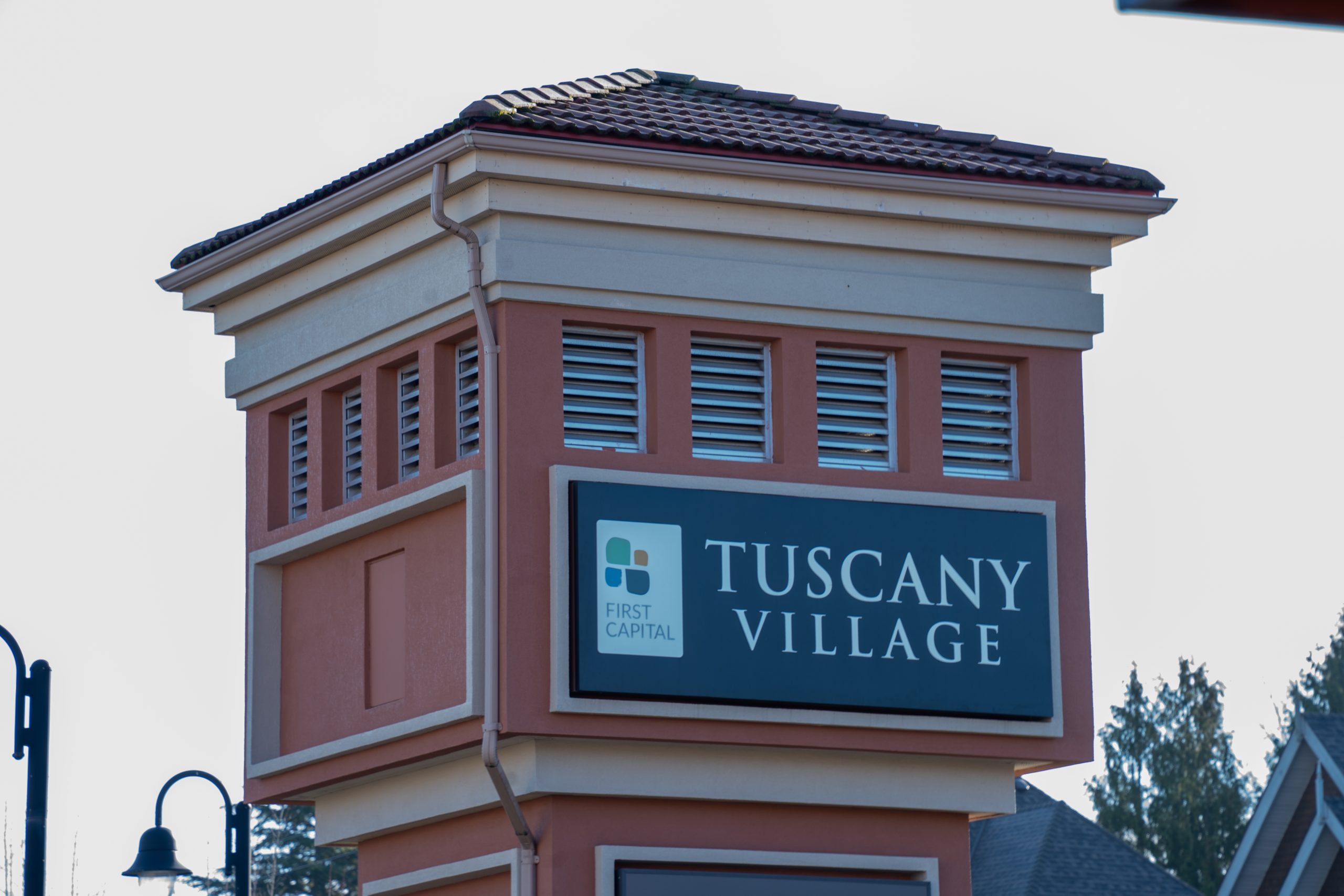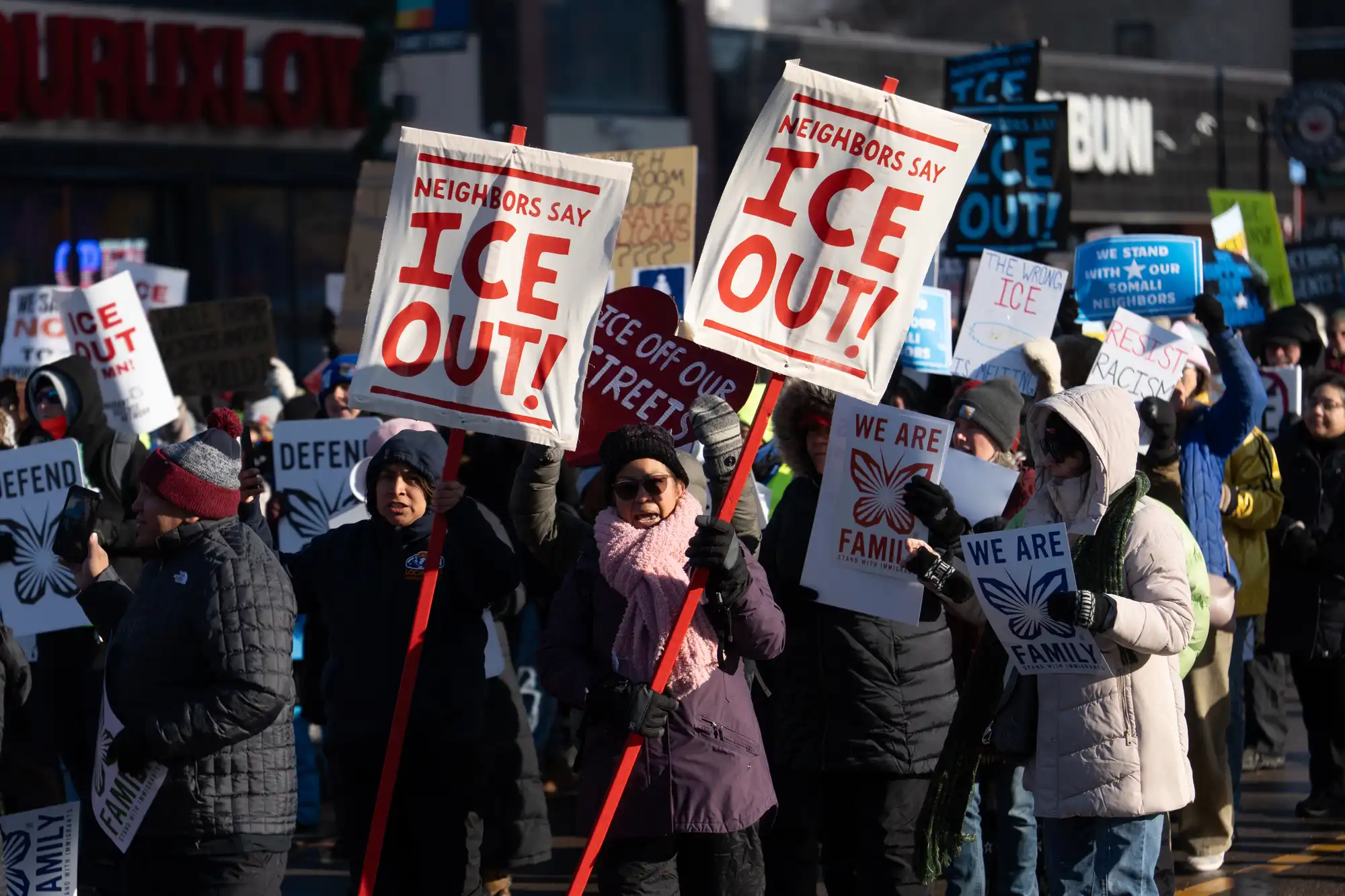With great potential comes great responsibility — and the occasional mishap. For the current UVSS board, this last year had both. So, as election day draws near, we ask the question: how did they do?
The UVSS board faced some serious challenges this year, but kept a strong focus on goals made during last year’s elections. Divestment from fossil fuels, student fees, affordable housing, food security, sexualized violence, and mental health were at the forefront of platforms then, and remain primary issues now.
So, what did the board accomplish this year?
For one, UVic became the first Canadian university to cover the cost of a mental health and learning disability assessment, and in doing so, the UVSS saved $3 000 for students on UVic’s health plan.
The UVSS’ Let’s Get Consensual campaign also saw increased engagement through events and workshops hosted in cooperation with the Anti-Violence Project. In a statement to the Martlet, Director of External Relations Kenya Rogers added, “We are currently working with the university on developing lobby asks for a provincial framework for responses to sexualized violence on campus, as well as policies for the actual university itself. We have also ensured that students are aware of the resources that exist on campus so that they can feel supported.”
With the passing of a referendum last year, the UVSS reallocated funds for elections to the Food Bank and Free Store, located in the SUB basement. The board also constructed a small garden outside the SUB to supply the Food Bank with produce and operate alongside the Campus Community Garden.
An additional five scholarships and bursaries became available to UVic students including a housing grant for students in residence. The Campus Sustainability Fund was created in partnership with UVSS which offers $1 000 for students involved in sustainability projects on campus.
“We also went to Parliament Hill in Ottawa and lobbied federally for a post-secondary education act, a more robust grants system, and jobs for student,” says Rogers. “We saw a big win just this past week when the federal government announced increased funding to the student summer jobs program, a point lobbied on in Ottawa.”
The UVSS is currently fighting against the UVic Board of Governors’ lobbying to remove tuition caps on professional programs. The board proposed a motion at its AGM in October against any and all tuition increases, and ratified its opposition. And so far, UVSS efforts have held off the cap removal.
There were, however, some valiant attempts at bringing change that ended in some disappointment.
Following the 13 per cent increase in resident fees introduced last year, the UVSS lobbied against another 6 per cent increase to be implemented this year. Due to the UVic Board of Governors, “Residence fees will increase another 6 per cent next year and then probably another 6 per cent . . . the year after,” says Director of External Student Affairs Kaylee Szakacs.
According to Szakacs, the UVSS could have done more to research other schools that successfully opposed fee increases to present the Board of Governors with concrete examples rather than asking the university to look into solutions themselves.
Another battle ensued with the UVic Board of Governors as the UVSS pushed for the university to support divestment. “An overwhelming 77 per cent of students that voted [in a referendum] . . . wanted to divest,” says Szakacs.
Szakacs explained that rallies and consistent lobbying failed to move the university to act because of concerns around the approximately $30 million invested in fossil fuels, a number that’s difficult to nail down. According to UVic Faculty for Fossil Fuel Divestment, the total amount invested in fossil fuels “is hard to know precisely”.
“I don’t think the university truly has student’s best interest at heart,” said Szakacs.
But not all problems came from a disconnect with Board of Governors; UVSS policy became an internal challenge as well.
Gaps in policy were made obvious after a request for funds to go towards hosting the Canadian Political Science Students’ Association (CPSSA) Conference at UVic was granted without proper approval. The Undergraduates of Political Science (UPS) were prematurely written a cheque from the UVSS for $6 000, which only came to light after the Native Students’ Union spoke out against the conference. The UVSS was found to breach policy by signing the check before the board could hear more details from the UPS.
Chairperson Brontё Renwick-Shields explained: “According to Course Union Council Policy, any amount over $2 000 must also get the approval of the Board of Directors. While this is explicit in our policy, the UVSS Director of Student Affairs issued a cheque prior to Board approval in order to allow UPS to meet their deadline.”
“[The UVSS] currently [doesn’t] have any policy or guidelines for what to do when a group presents us with a request with such a short timeline that we don’t have enough time to [have a board meeting],” said Szakacs. “We’re still in process of figuring out what that’s gonna look like.”
Szakacs suggested there should “absolutely” be more education on UVSS policy within the board itself. During her interview, she presented a thick binder to show the extent of education needed to run a successful student society.
There is initiation-based education upon joining the board, but Szakacs suggests it’s essential to educate members throughout the year. “You’re just expected to know things,” says Szakacs.
“Maybe what we need to do with the new board that’s coming in is go through every single word of policy . . . That way you’re engaging with the policy and changing what better reflects your values and taking out things that are dated [or] non-applicable.”
“We need to create resources that are easier to read easier to understand,” Szakacs says, which she also applies to the UVSS financial budget. “I still have trouble [reading our budget] and I’ve been here two years . . . They’re available for everybody to read online and see and somebody with my level of financial literacy will find it hard to understand.”
Newly elected board members will have plenty of initiatives to carry forward, but as this year demonstrated, they may benefit from an organizational overhaul — including an ongoing review of policies and guidelines.
It’s a sizeable task if there ever was one.







